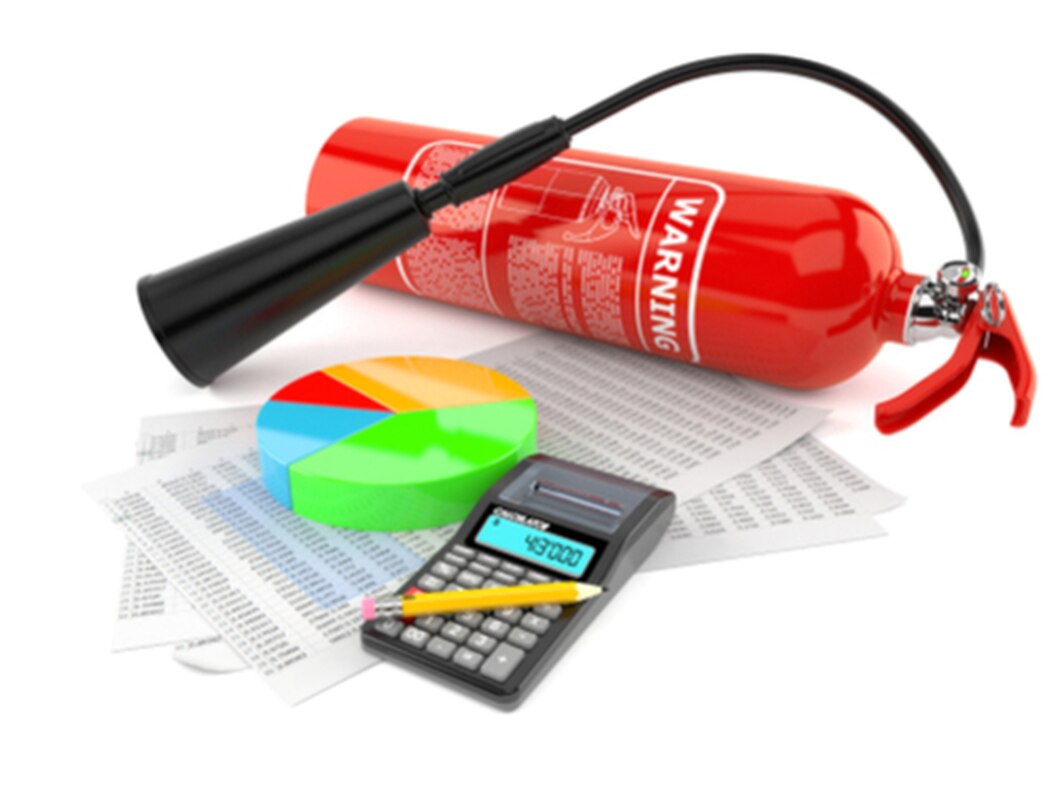If you are a small business owner, you may not be aware that you are part of the largest group of business owners in the UK. Here are some statistics from the National Federation of Self Employed & Small Businesses Limited:
“At the start of 2020 there were 5.94 million small businesses (with 0 to 49 employees), 99.3% of the total business. SMEs account for 99.9% of the business population (6.0 million businesses).
SMEs account for three fifths of the employment and around half of turnover in the UK private sector.
Total employment in SMEs was 16.8 million (61% of the total), whilst turnover was estimated at £2.3 trillion (52%).
Employment in small businesses (with 0 to 49 employees) was 13.3 million (48% of the total), with a turnover of £1.6 trillion (36%).”
Wow! Who knew that? And you thought that HSBC, Glaxo Smith Kline, Prudential, Tesco, Unilever, and Legal & General were important?
Well, of course, they are, but as a small business owner there are a lot more of you than directors of those giants.
However, you may be unaware that under the laws of the land you have just as many responsibilities as they do when it comes to health and safety.
Yes, you and your dozen employees beavering away out in the sticks somewhere, or perhaps tucked away on an industrial estate in Birmingham or Bristol, are subject to the same rules and regulations as Unilever! Thought you’d be pleased!
This is especially the case when it comes to the health and safety of your employees and customers, whether you have half a dozen or the just over 99,000 that Glaxo Smith Kline has, according to 2021 statistics.
Among other things, when you own a business, you have to obey a law called the Regulatory Reform (Fire Safety) Act 2005. This requires all business owners, and that includes you, to undertake a fire risk assessment of your premises and if you have more than 4 employees, keep a written record of it and anything that you have done as a result of your assessment. The Act refers to you as the “responsible person”.
At first sight, this might not seem too difficult a task, because some things are obvious. You need to have fire extinguishers, of course. Ah, but what type? And where should they be kept? And how many do you need?
Already, this can begin to get complicated, and we haven’t even started yet. Here are some of the things that the government says that you need to consider (https://www.gov.uk/workplace-fire-safety-your-responsibilities/fire-risk-assessments):
- emergency routes and exits
- fire detection and warning systems
- firefighting equipment
- the removal or safe storage of dangerous substances
- an emergency fire evacuation plan
- the needs of vulnerable people, for example the elderly, young children, or those with disabilities
- providing information to employees and other people on the premises
- Employees fire safety training
For example, do you have any idea how to create an emergency evacuation plan? Possibly not. Do you know how to give your employees fire safety training? (Tricky, if you haven’t had any yourself). If you use substances that may be dangerous in your workplace, do you know what they are, and even if you do, are you really aware of how they should be stored for maximum safety? Answers on a postcard.
However, this may come as a relief, because the government also says as follows:
“If you do not have the expertise or time to do the fire risk assessment yourself you need to appoint a ‘competent person’ to help, for example a professional risk assessor.”
You don’t suppose that the Chairman of Glaxo Smith Kline, Sir Jonathan Symonds (no relation to a Carrie of that former name as far as we know), does all this himself do you?
No. When he needs a commercial building fire risk assessment, he uses someone such as ourselves at UK-Fire Risk Assessments to do all this for him. And you can do the same. Our team of highly trained and skilled experts can undertake a fire risk assessment of any premises for you, however, large or small, and provide you with the report that you need in order to keep you compliant with the law.

